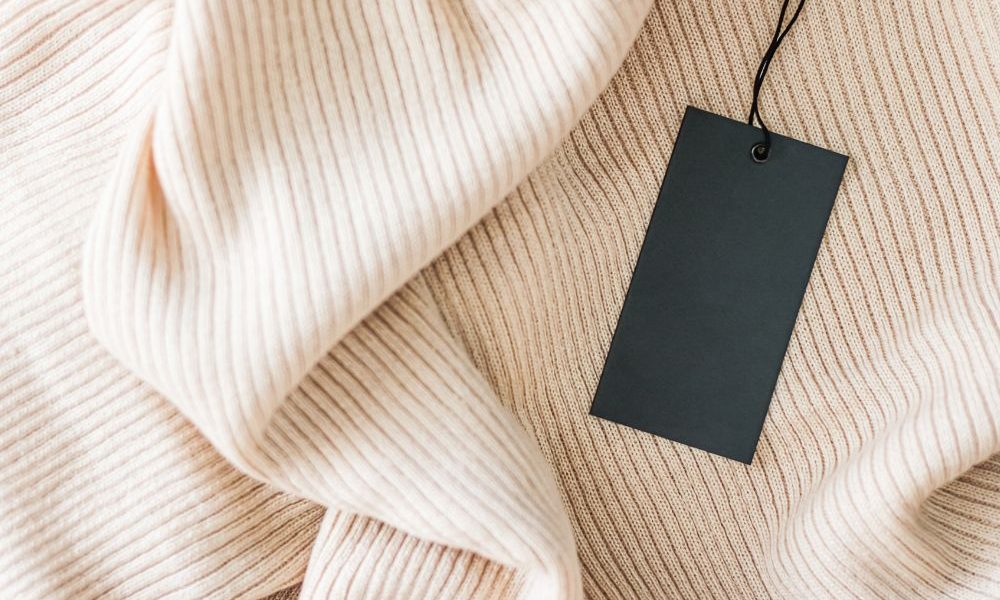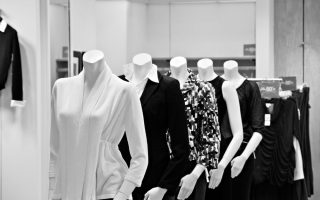The fashion industry has a significant impact on the environment, from water pollution and textile waste to greenhouse gas emissions. However, sustainable fashion brands are paving the way for a more ethical and eco-friendly future. This article explores the importance of sustainable fashion, highlights notable brands making a difference, and provides tips on how to make more ethical choices in your wardrobe.
Understanding Sustainable Fashion
What is Sustainable Fashion?
Sustainable fashion refers to clothing that is designed, manufactured, distributed, and used in ways that are environmentally friendly and socially responsible. Amy Powney, Creative Director of Mother of Pearl, emphasizes, “Sustainability should be embedded in every part of the design process, from choosing fabrics to considering the lifecycle of the garment” (Business of Fashion).
Why Sustainable Fashion Matters
The fashion industry is one of the largest polluters in the world. According to the Global Fashion Agenda, the environmental impact of the fashion industry is vast, with significant contributions to water pollution, greenhouse gas emissions, and waste generation. Sustainable fashion aims to minimize these impacts through ethical practices and sustainable materials.
Personal Anecdote: I became more conscious of my fashion choices after learning about the environmental impact of fast fashion. It motivated me to seek out brands that prioritize sustainability and ethical practices, and I’ve never looked back.
Notable Sustainable Fashion Brands
Patagonia
Patagonia is a pioneer in sustainable fashion. The brand is known for its commitment to environmental activism and ethical manufacturing practices. Patagonia uses recycled materials in its products and advocates for the repair and reuse of its clothing.
Unique Insight: Patagonia’s “Worn Wear” program encourages customers to buy used Patagonia gear, repair their existing gear, and recycle what they can no longer use. This circular approach significantly reduces waste and promotes sustainability.
Reformation
Reformation focuses on sustainability throughout its supply chain. The brand uses eco-friendly materials, minimizes waste, and tracks its environmental footprint. Clare Press, Sustainability Editor-at-Large for Vogue Australia, states, “Sustainable fashion is not just about buying less, but about buying better. Invest in quality pieces that will last, and support brands that are making a positive impact on the planet” (Vogue Australia).
Personal Anecdote: I purchased a dress from Reformation for a special occasion and was impressed by the quality and the brand’s transparency about its environmental impact. It felt good knowing my purchase supported a company committed to sustainability.
People Tree
People Tree is a leader in fair trade and sustainable fashion. The brand collaborates with artisans and farmers in developing countries, ensuring fair wages and ethical working conditions. People Tree uses organic cotton and other sustainable materials in its products.
Unique Insight: People Tree’s commitment to fair trade practices not only supports sustainable fashion but also empowers communities by providing economic opportunities and preserving traditional crafts.
Stella McCartney
Stella McCartney is a luxury fashion brand with a strong commitment to sustainability. The brand avoids using leather and fur, instead opting for innovative, eco-friendly materials. Eva Kruse, CEO of Global Fashion Agenda, says, “The fashion industry has a responsibility to reduce its environmental impact. We need to move towards a circular model where clothes are designed to be reused, recycled, or regenerated” (Global Fashion Agenda).
Personal Anecdote: I once splurged on a Stella McCartney bag made from vegan leather. The quality and design were outstanding, and it felt great to support a brand that aligns with my values.
Making Ethical Choices in Your Wardrobe
Tips for Building a Sustainable Wardrobe
- Buy Less, Choose Well: Focus on quality over quantity. Invest in timeless pieces that you will wear for years to come.
- Opt for Sustainable Materials: Look for clothing made from organic cotton, recycled materials, and other eco-friendly fabrics.
- Support Ethical Brands: Choose brands that are transparent about their supply chains and committed to social and environmental responsibility.
Carry Somers, founder of Fashion Revolution, emphasizes, “As consumers, we have immense power to change the industry by choosing to buy from brands that are transparent about their supply chains and committed to social and environmental responsibility” (Fashion Revolution).
Personal Experience
After shifting my focus to sustainable fashion, I found that my wardrobe became more cohesive and versatile. I now have fewer pieces, but each one is thoughtfully chosen and fits well with the rest of my clothes. This not only simplifies getting dressed each day but also makes me feel good about my fashion choices.
The Environmental Impact of Fast Fashion
Fast fashion’s environmental toll is significant. The Ellen MacArthur Foundation (2017) highlights issues such as water pollution, high carbon emissions, and textile waste. Moving towards sustainable fashion can mitigate these impacts.
Unique Insight: By supporting sustainable brands and practices, we contribute to a healthier planet and a more ethical fashion industry. The shift towards sustainability in fashion is essential for reducing the industry’s environmental footprint and promoting a more equitable global economy.
Studies on Sustainable Fashion
- Measuring Fashion: Insights from the Environmental Profit & Loss Account of the Global Apparel and Footwear Industry (Global Fashion Agenda, 2018) – This report provides a detailed analysis of the environmental impact of the fashion industry, emphasizing the need for urgent action to reduce its footprint.
- The Pulse of the Fashion Industry 2021 Update (Global Fashion Agenda & McKinsey & Company) – This report tracks the progress of the fashion industry towards sustainability, outlining key challenges and opportunities for brands and retailers.
Conclusion
Sustainable fashion is about making conscious choices that benefit both people and the planet. By supporting brands committed to ethical practices and environmental responsibility, we can help drive positive change in the fashion industry. As Clare Press wisely notes, “Sustainable fashion is not just about buying less, but about buying better” (Vogue Australia). Embrace the journey towards a more sustainable wardrobe and enjoy the peace of mind that comes with making ethical choices. Together, we can create a better future for fashion and the planet.




